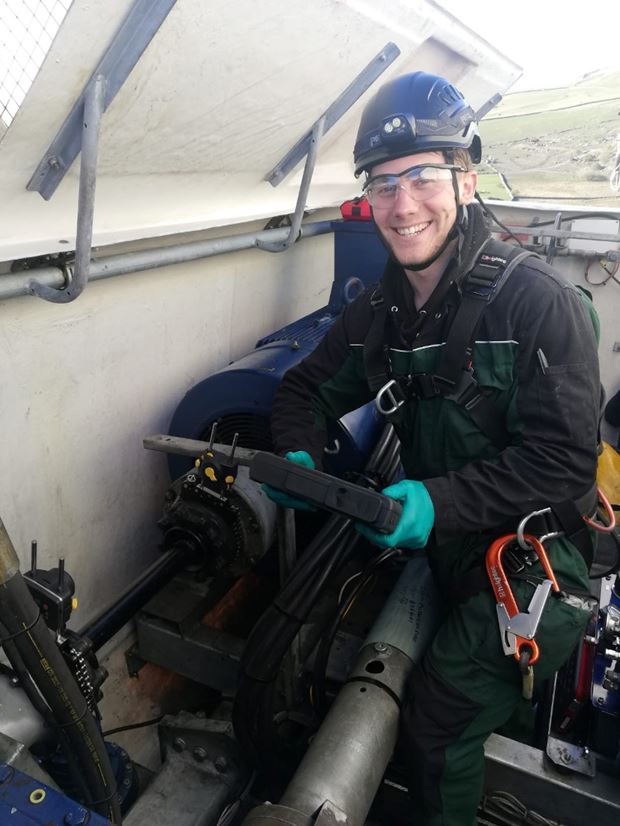12 May 2020
Turbines keep turning in turbulent times
It’s now more important than ever to keep our critical systems running – for frontline services like the NHS, food supply, communications networks and policing; for households in lockdown, home working and home schooling; and for regional authorities such as government departments and local councils.
The UK has one of the most reliable energy networks in the world and across the country there are 36,000 dedicated people working tirelessly to keep the power on and your homes warm. Not just engineers in the field but operations staff, health and safety professionals are all performing an essential service through this difficult time, for which we are incredibly grateful.
We spoke to Scott Ridley, Director of Cirrus Wind Services, an operations and management company who look after some of Thrive’s wind turbines. He talked to us about how his team are continuing with their important work.
“I think my guys are heroes for the work they’re doing. We’ve got a healthy working force at the moment and we’ve introduced extra measures to keep it that way and avoid spreading the virus. There’s a very upbeat feeling with us, no one is wanting time off. The good thing is, we all love our jobs, there’s a real determination for us to get through this safely. I’m proud I have a team around me who want to keep working.”
The engineers who look after our wind turbines are part of this team of designated critical workers, but did you know, most of the time they can monitor them from the comfort of home? Here’s how:
Wind turbines normally operate without human intervention
Sensors inside the turbine automatically manage operations like adjusting to different wind speed and directions. Unlike many coal or gas power stations, they don’t need to be staffed.
Turbines are monitored remotely
Any unusual signals or alerts from the turbine sensors are picked up at the control room and can be investigated remotely.
The control room is coming home
Wind turbines are usually monitored from a centralised control room, but with modern IT systems which can be accessed securely remotely, staff are often able to carry out these operations from their homes.
Most issues can be fixed without visiting the site
It is only a small number of faults, servicing or inspections which require technicians to go to the wind farm. When a site visit is necessary, it will always be planned safely and in line with the government’s public health advice, such as observing two-meter social distancing.
Wind turbine engineers are essential workers
Due to their incredibly important role maintaining turbines, they are still permitted to travel across the country to carry out their work. In order to safeguard these vital staff, organisations we work with have put in place a range of safety measures, such as working in smaller teams and not mixing, using personal protective equipment such as gloves and face masks and providing disinfectant.
Scott told us what his team are doing to protect themselves and continue their work.
“With the monitoring of the turbines done remotely, it’s been quite straight forward for staff to switch to homeworking and continue that work. For the technicians who are travelling, each are given a pack which contains gloves, masks, hand sanitiser, Isopropyl Alcohol and a ticket explaining where they are going, why and the nature of the business. We are fully respecting social distancing, have put additional hygiene procedures in place and are complying with government advice at all times.”
